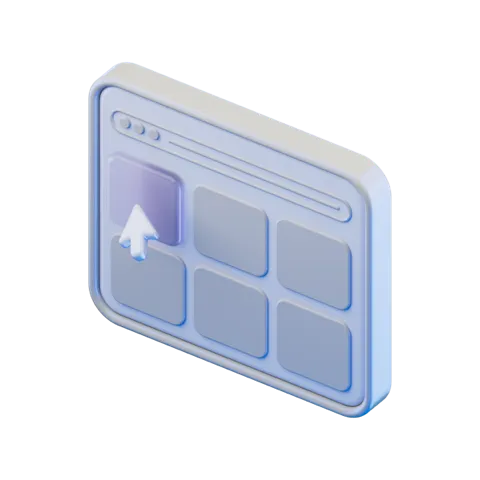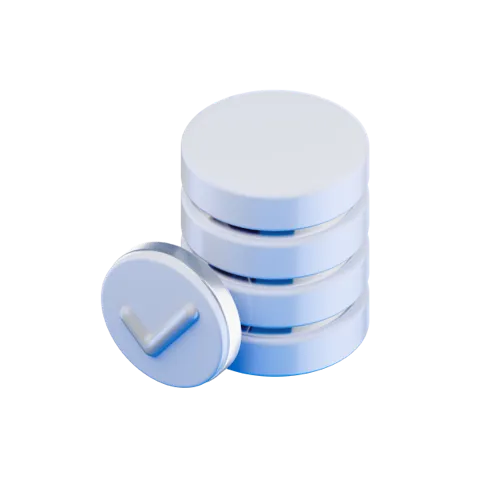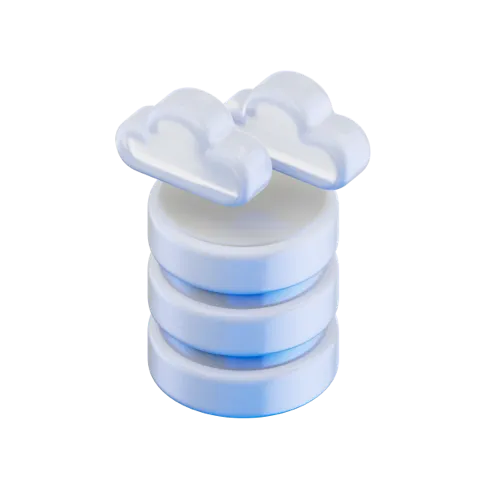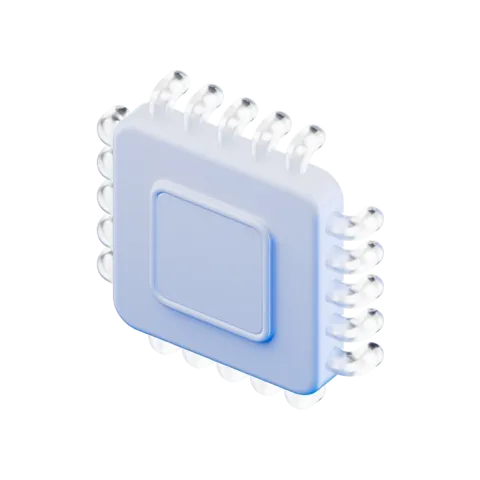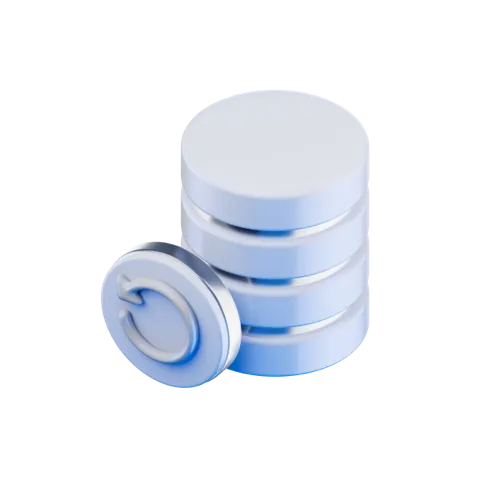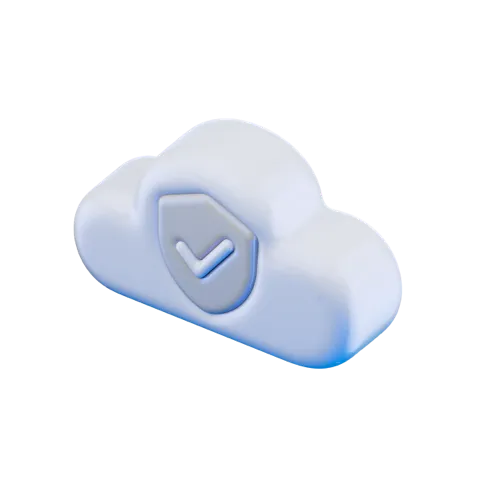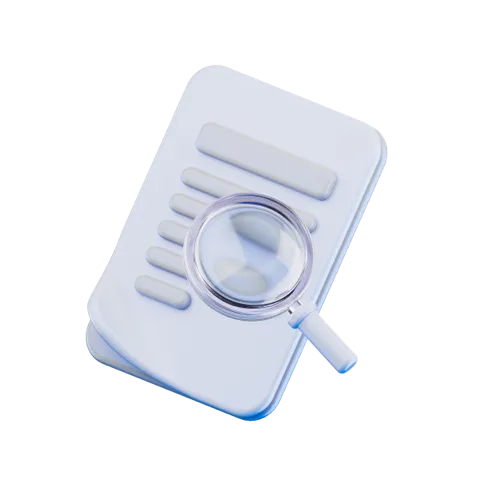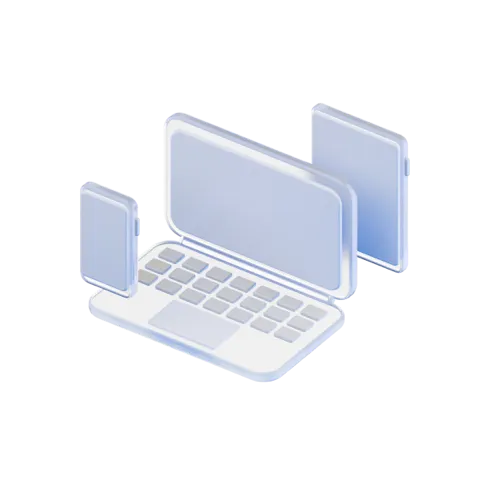This website uses cookies so that we can provide you with the best user experience possible. Cookie information is stored in your browser and performs functions such as recognising you when you return to our website and helping our team to understand which sections of the website you find most interesting and useful.
Strictly Necessary Cookie should be enabled at all times so that we can save your preferences for cookie settings.
If you disable this cookie, we will not be able to save your preferences. This means that every time you visit this website you will need to enable or disable cookies again.
This website uses Google Analytics to collect anonymous information such as the number of visitors to the site, and the most popular pages.
Keeping this cookie enabled helps us to improve our website.
Please enable Strictly Necessary Cookies first so that we can save your preferences!
CactusSoft Belgium BV, together with its subsidiaries (hereinafter referred as “CactusSoft”, “CactusSoft group of companies”), having its registered offices at Stationsstraat 51, 9850 Landegem, Belgium, entered in the Register under No 0681.599.105, suggests this Cookie Policy in line with CactusSoft’s commitment to User’s privacy while using our website (cactus-now.com), or, when User contacts us by e-mail or through social media (such as Instagram, Facebook, Twitter or LinkedIn, Youtube).
The core activities of the Company don’t consist of processing operations which, by virtue of their nature, their scope and/or their purposes, require regular and systematic monitoring of data subjects, including who are in the European Union (EU) (hereinafter- personal data).
When exercising a principal activity, the CactusSoft on behalf of the central-office company of CactusSoft Group of the companies – LitusSoft Belgium, Putstraat 32, 9051 Gent, Belgium (acting as a Controller) under and in accordance with EU General Data Protection Regulation 2016/679 (hereinafter – GDPR) may process Personal Data of data subjects who are in EU (hereinafter- Personal Data), acting as a Processor.
The purposes and means of the processing of Personal Data are determined by Controller under and in accordance with GDPR and this Privacy policy.
1. Collection and use of personal data
CactusSoft may (be required to) process certain Personal Data of data subjects (hereinafter – User (“User”, “you” or “your”) on the occurrence of any of the following:
1.1. Use/visiting of the website
https://cactussoft.biz
(including its mobile version (collectively, the “website”):
When using the website for informational purposes only, i.e. if a User doesn’t provide CactusSoft with information (e.g. via contact forms), we may only collect data that User’s browser transmits to CactusSoft’s server (so-called “server log files”). When User visites the website, the following User’s Personal data may be processed:
- date and time at the moment of access
- amount of data sent in bytes
- source/reference from which the user came to the website
- browser used
- operating system used
- configuration and settings
- IP (Internet Protocol) address used (if applicable: in anonymized form)
The purpose of Personal Data processing: exclusively for the purpose of responding to User’s request and (or) for establishing a business contact and (or) lead generation.
The legal base for Personal Data processing:
- Article 6 (1) point (a) GDPR where the data subject “has given consent to the processing of his or her Personal Data for one or more specific purposes”;
and/or
- Article 6 (1) point (f) GDPR (“processing is necessary for the purposes of the legitimate interests”).
and/or
- Article 6 (1) point (b) GDPR (“processing is necessary for the performance of a contract to which the data subject is party“ or “in order to take steps at the request of the data subject prior to entering into a contract”);
The Processing of this Personal Data is an absolute requirement. User not allowing CactusSoft to process (all or some of) this Personal Data may mean that CactusSoft will not be able to respond to /user’s request (an) or establish a business contact.
1.2. Contacting
In the context of contacting CactusSoft via contact form of website or e-mail info@cactussoft.biz the Personal Data may be (required to) processed.
In particularly, the User is suggested to fill the the contact form in the section “Contacts” of the website and click the button “Send a message”. Also, a User may send a request to CactusSoft via e-mail info@cactussoft.biz.
In this case the following personal data of User may be provided to CactusSoft:
- user’s name
- company name (optionally) – in case if User makes this Personal Data available to CactusSoft via contact form;
- e-mail address
- telephone number, job title, address (optionally) – in case if User makes this Personal Data available to CactusSoft via message wording send through contact form of the website or by e-mail info@cactussoft.biz).
the purpose of Personal Data processing: exclusively for the purpose of responding to User’s request and (or) for establishing a business contact and (or) lead generation.
the legal base for Personal Data processing:
- Article 6 (1) point (f) GDPR (“processing is necessary for the purposes of the legitimArticle 6 (1) point (a) GDPR where the data subject “has given consent to the processing of his or her Personal Data for one or more specific purposes”;
and/or
- Article 6 (1) point (f) GDPR (“processing is necessary for the purposes of the legitimate interests”).
and/or
- Article 6 (1) point (b) GDPR (“processing is necessary for the performance of a contract to which the data subject is party“ or “in order to take steps at the request of the data subject prior to entering into a contract”);
The Processing of this Personal Data is an absolute requirement. User not allowing CactusSoft to process (all or some of) this Personal Data may mean that CactusSoft will not be able to respond to /user’s request (an) or establish a business contact.
1.3. Subscription to the Blog
When a User subscribes to Blog via the website, the User’s Personal Data may be (required to) processed. In particularly, the User is suggested to fill the contact form “SUBSCRIBE!” of the website and click the button “Submit”. In this case the following personal data of User will be provided:
- e-mail address
the purpose of Personal Data processing: exclusively for the purpose of delivering to User news about new and updated articles on Blog, some promotional or informational e-mails.
The User may stop the subscription to the Blog by following an active link “Unsubscribe” which is contained in each message send via Blog.
In this case the User’s email address will be removed from the mailing list immediately upon unsubscription.
the legal base for Personal Data processing:
- Article 6 (1) point (a) GDPR where the data subject “has given consent to the processing of his or her Personal Data for one or more specific purposes”;
and/or
- Article 6 (1) point (f) GDPR (“processing is necessary for the purposes of the legitimate interests”).
1.4. Job applications
(required to) processed. In particularly the User is suggested to fill the contact form “Join the team” in the section “Careers” of the website, attach a CV and click the button “Send”. In this case the following personal data of User will be provided to CactusSoft:
user’s name
- e-mail address
- address, e-mail address, telephone number, CV, or professional details and/or related information (optionally) – in case if User makes this Personal Data available to CactusSoft via message wording send through contact form of the website or by e-mail info@cactussoft.biz.
the purpose of Personal Data processing: exclusively for the purpose of processing User’s job application; and/or get in contact with User regarding his/her job application
For EEA data subjects, processing of Personal Data for this Purpose is based on section:
- Article 6 (1) point (a) GDPR where the data subject “has given consent to the processing of his or her Personal Data for one or more specific purposes”;
- Article 6 (1) point (b) GDPR (“processing is necessary for the performance of a contract to which the data subject is party“ or “in order to take steps at the request of the data subject prior to entering into a contract”);essary for the purposes of the legitimate interests”).
and/or
- Article 6 (1) point (f) GDPR (“processing is necessary for t
The Processing of this Personal Data is an absolute requirement. User not allowing CactusSoft to process (all or some of) this Personal Data may mean that CS will not be able to process the User’s job application, respond on it or verify User’s claimed capabilities.
2. Collection and use of non-personal data
2.1. Google Analytics
Information We Collect through Google Analytics: Users who visit this website and have javascript enabled are tracked through Google Analytics. Google Analytics collects information anonymously and reports website trends to us without identifying individual visitors. Google Analytics collects a variety of information from users, including the Internet protocol (IP address) that is used to connect your computer to the Internet (which it does not report to us), your Internet service provider (ISP), browser type, type of operating system, the full Uniform Resource Locator (URL) clickstream to, through, and from our website, including date and time, cookie, the length of time you spend on particular pages, which links you click while on our site, and similar site visit information. Google Analytics data is shared with Google.
For more information on Google Analytics or to opt-out of having your information shared through Google Analytics, visit:
http://www.google.com/intl/en/analytics/privacyoverview.html
For more information on Google’s privacy policy, visit
http://www.google.com/intl/en/policies/privacy/
We use this information to make our website easier to find on the Internet and to improve our website by learning which pages and features are interesting to our visitors. We treat this information as non-personal information and do not attempt to connect it to personally identifiable information, except as otherwise required by law.
2.2. Cookies policy
By clicking the button “Accept” on our pop-up message users agree with our Cookie policy. Cookies are small pieces of data stored on a user’s computer/smartphone allowing Internet access when he visits the CactusSoft Website.
In order to record and analyze how visitors use our Website as well as to improve visitors’ experience, CactusSoft collects details of your visits by using Google Analytics. Google Analytics places and uses cookies that allow CactusSoft to track website traffic and users’ interaction with CactusSoft websites.
CactusSoft may use cookies to record your consents on its websites (e.g. the consent to the use of cookies).
If you want to withdraw your opt-in to our Cookie Policy, please clear your cache by visiting browser settings.
3. Access to personal data. Use of personal data
The employees of CactusSoft, the Controller and (or) its affiliates and who are in contact with User, only, may access the User’s Personal Data.
CactusSoft uses the Personal data on behalf of the Controller as per this Privacy Policy and instructions of Controller formalized under and in accordance with GDPR.
CactusSoft, the Controller and (or) its affiliates don’t sell, trade or otherwise commercialise User’s Personal Data, provide the collected personal data to third parties, unless we explicitly state that this is required for a specific action, or unless we are required by law to provide said data, e.g. at the request of the competent legal authorities in the framework of a judicial inquiry or legal proceedings.
4. Protection of personal data
According to the Controller’s instructions CactusSoft implements corresponding technical and organizational measures to protect the Personal Data provided by Users against unauthorized access, unauthorized use, theft or loss.
5. User’s rights in relation to personal data
A User whose Personal Data is being processed has the right to:
- obtain access to Personal Data processed by CactusSoft,
- request rectification, erasure (“right to be forgotten”) or restriction of processing of Personal Data;
- object to the processing of Personal Data
- data portability. The User is entitled to receive the data provided to CactusSoft in a generally readable file format.
- withdraw a consent for processing of Personal Data at any time (if Personal Data is processed based on the legal ground of “consent”).
In order to exercise such rights, please contact info@cactussoft.biz
The User shall have to provide a proof of his/her identity to the satisfaction of Controller by providing an official document (e.g. ID Card, driver’s license, etc.) in order to safeguard the fact that the right person is exercising such right.
CactusSoft shall promptly notify the Controller about any User’s request for exercising of data subject rights received directly from the User without responding to that request, unless it has been otherwise authorized to do so by the Controller.
If CactusSoft is authorized by the Controller, then CactusSoft, only, under the Controller’s instruction, must exercise any of the requested User’s rights listed above.
6. Duration of retention of personal data
Unless otherwise specified by Controller, CactusSoft retains User’s Personal Data (i) as long as Personal Data is relevant for the purpose, (ii) for the duration of any retention period that is required by law; or (iii) the end of the period in which litigation or investigations might arise. After such period, according to Controller’s instructions CactusSoft either deletes or anonymizes the Personal Data.
7. How to contact us
If you have any questions regarding our Privacy and Cookies Policy, please send us the direct message at info@cactussoft.biz or through the contact form on this website.
Last update: 10/03/2019







